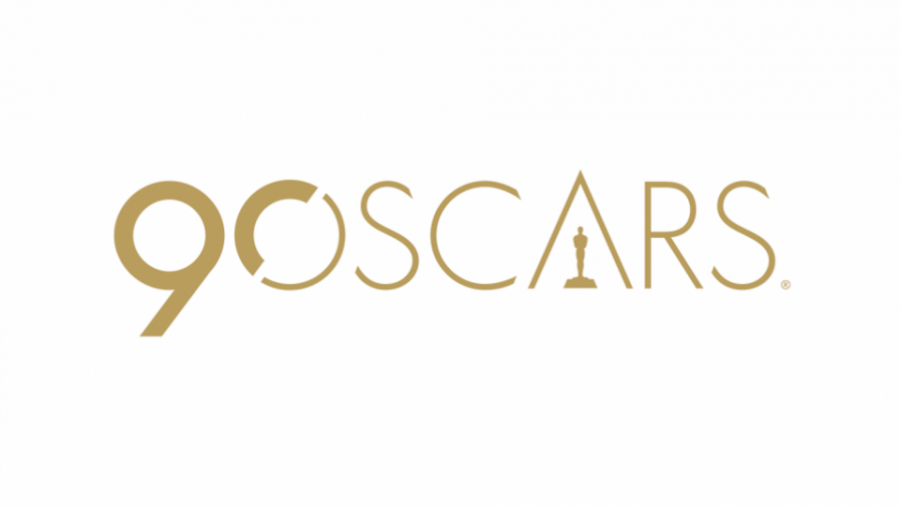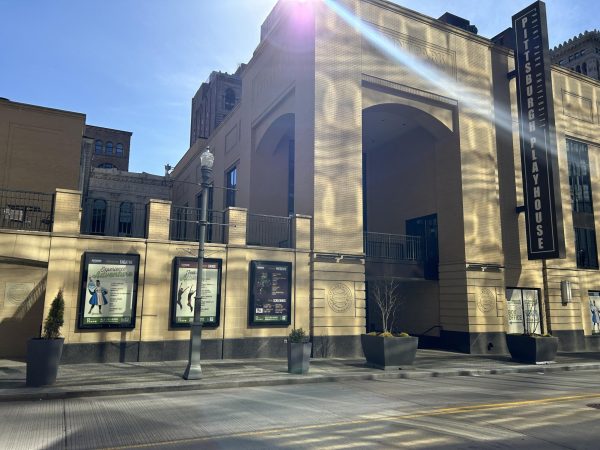Academy Awards celebrate diversity and women
The Oscars try to keep up with a changing Hollywood
Photo by Via Oscars.org
On its 90th anniversary, the Oscars attempted to look ahead to a Hollywood after #MeToo and #TimesUp.
March 6, 2018
The 90th Oscars occurred this week, in an industry shaken by movements like #OscarsSoWhite, #MeToo and #TimesUp. Hosted by Jimmy Kimmel, the Academy Awards were mostly predictable following last year’s shocking best picture mix-up between “La La Land” and “Moonlight.”
Kimmel, for his credit, performed admirably. He was genuinely funny, starting the show with jokes about Harvey Weinstein and other people accused of sexual harassment in Hollywood, saying, “We can’t let bad behavior slide anymore. The world is watching us.”
For the most part, however, politics took a macro view instead of focusing on Weinstein and Hollywood. Ashley Judd, Salma Hayek and Annabella Sciorra – all of whom were major accusers of Weinstein – took to the stage not to denounce Weinstein, but to champion diversity and intersectionality in filmmaking. Pay equity was also a major topic, in addition to putting more women into positions of power in Hollywood.
The awards began with Sam Rockwell taking home best supporting actor for his role in “Three Billboards Outside Ebbing, Missouri.” Frances McDormand also went on to win best actress in a lead role for “Three Billboards,”as well, both of whom were generally understood to be the front-runners in their respective categories. Gary Oldman took home the Oscar for his role as Winston Churchill in “Darkest Hour.” Oldman earned his first ever Academy Award, but it would have been interesting to see younger, unconventional performers like Daniel Kaluuya or Timothée Chalamet. However, all of the nominees were highly esteemed and deserving.
The best picture category was more contentious than ever in recent years. It didn’t seem that anyone could agree on a single frontrunner. It was a diverse field this year, with the tense war film “Dunkirk” up against Greta Gerwig’s coming-of-age story in “Lady Bird,” the slow burn of “Phantom Thread” up against the climactic horror of “Get Out,” and the monster-movie-meets-fairytale of “The Shape of Water” up against the beautifully heartbreaking “Call Me By Your Name.” In the end, “The Shape of Water” took home the gold statuette, with a heartwarming speech from Guillermo Del Torro. Del Torro, who has been a niche figure in the past, also took home the award for best director. His wins felt like a victory on many fronts, showing that risky filmmaking can pay off and celebrating the diversity of the film industry.
Another unexpected victory came from Jordan Peele, who won for best original screenplay for his massive “Get Out.” “Get Out” was a critical and commercial success, but seeing Peele take the stage was victory for a new generation of young, diverse filmmakers. The movie was a serious underdog, as genre films – especially horror and thriller flicks – typically don’t perform well at the Academy Awards.
Particularly snubbed was “Lady Bird,” which won zero of the five awards it was nominated for. But it’s important to remember that, like Chalamet and Kaluuya, director Greta Gerwig’s career is still young, and these three still have much to offer in the coming years. In addition to screenwriters Kumail Nanjiani and Emily V. Gordon, these up-and-comers are who viewers will want to keep their eyes on as their careers flourish.










